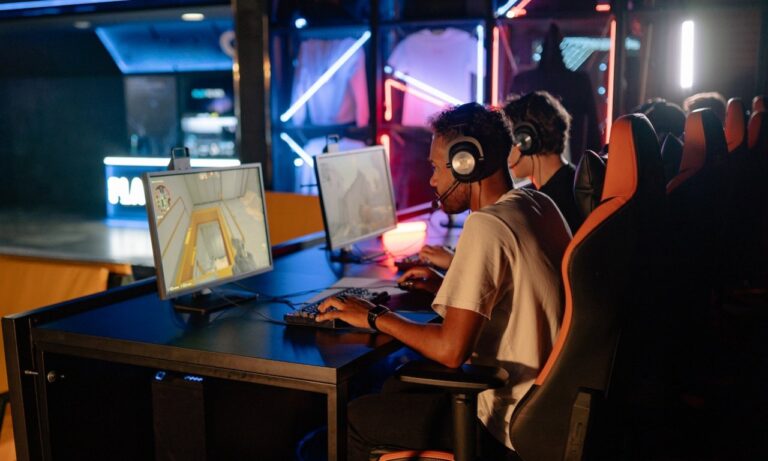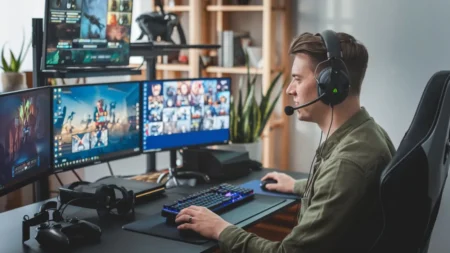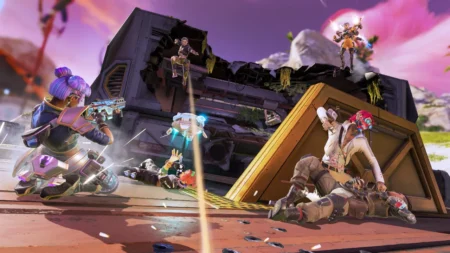In today’s digital age, having a reliable and fast computer is essential for productivity and leisure. However, not everyone can afford the latest and greatest hardware right off the bat. Thankfully, there are several cost-effective ways to beef up your computer, improving its speed, performance, and capabilities. This beginner’s guide will walk you through the steps you can take to turn your sluggish computer into a high-performance machine.
Upgrade Your RAM
One of the most effective ways to beef up your computer is by increasing its Random Access Memory (RAM). RAM allows your computer to store and quickly access temporary data, which is essential for multitasking and running resource-intensive applications. Upgrading your RAM can result in a noticeable performance improvement, especially when running multiple applications simultaneously. Make sure to check your computer’s specifications and choose compatible RAM modules for a seamless upgrade.
Swap Your Hard Drive for an SSD
Traditional hard disk drives (HDDs) use spinning disks to read and write data, which can slow down your computer. Replacing your HDD with a Solid State Drive (SSD) can significantly speed up your system. SSDs have no moving parts, enabling them to access and transfer data much faster than HDDs. This upgrade can improve boot-up times, application loading times, and overall system responsiveness. Keep in mind that you’ll need to clone your existing hard drive or perform a fresh installation of your operating system on the new SSD.
Install a Dedicated Graphics Card
If your computer uses an integrated graphics processor, adding a dedicated graphics card can greatly enhance its capabilities, especially for gaming and graphic-intensive tasks. This can make your gaming experience that much better, from low-load games like playing roulette online to high-load games like Warzone or Apex.
There are a variety of graphics cards available on the market, so it’s essential to choose one that is compatible with your computer and meets your performance needs. Installing a dedicated graphics card can also free up system resources, as integrated graphics often share the memory with the CPU.
Clean Your Computer
Dust and dirt can accumulate inside your computer over time, causing it to overheat and potentially damage components. Regularly cleaning your computer can help maintain optimal performance and extend its lifespan. Use a can of compressed air to blow dust out of the case, fans, and heatsinks, and make sure to clean the filters if your computer has them. Always remember to turn off and unplug your computer before cleaning it.
Update Your Software
Outdated software can cause compatibility issues and slow down your computer. Make sure to regularly update your operating system, drivers, and installed applications to ensure optimal performance and security. Many updates include performance improvements, bug fixes, and new features, making your computer more efficient and reliable.
Optimize Your Settings
Tweaking your computer’s settings can help improve its performance without needing any new hardware. Adjusting power settings, turning off unnecessary visual effects, and disabling startup programs can all contribute to a more efficient system. Additionally, consider using lightweight alternatives to resource-heavy applications, as they can offer similar functionality with less impact on your computer’s performance.
Consider Overclocking
Overclocking involves pushing your computer’s components beyond their factory-set limits to achieve higher performance. This can be done with both the CPU and the GPU, but it’s essential to be cautious and research the process thoroughly before attempting it. Overclocking can generate more heat, so make sure your computer has adequate cooling to prevent overheating and potential damage.
Conclusion
Beefing up your computer doesn’t always require investing in expensive new components. By following these simple steps, you can significantly improve your computer’s performance and capabilities, making it more enjoyable and productive to use. Remember to always research hardware compatibility and best practices before making any upgrades or changes to your system. Happy computing!
Discover more from Technical Master - Gadgets Reviews, Guides and Gaming News
Subscribe to get the latest posts sent to your email.








